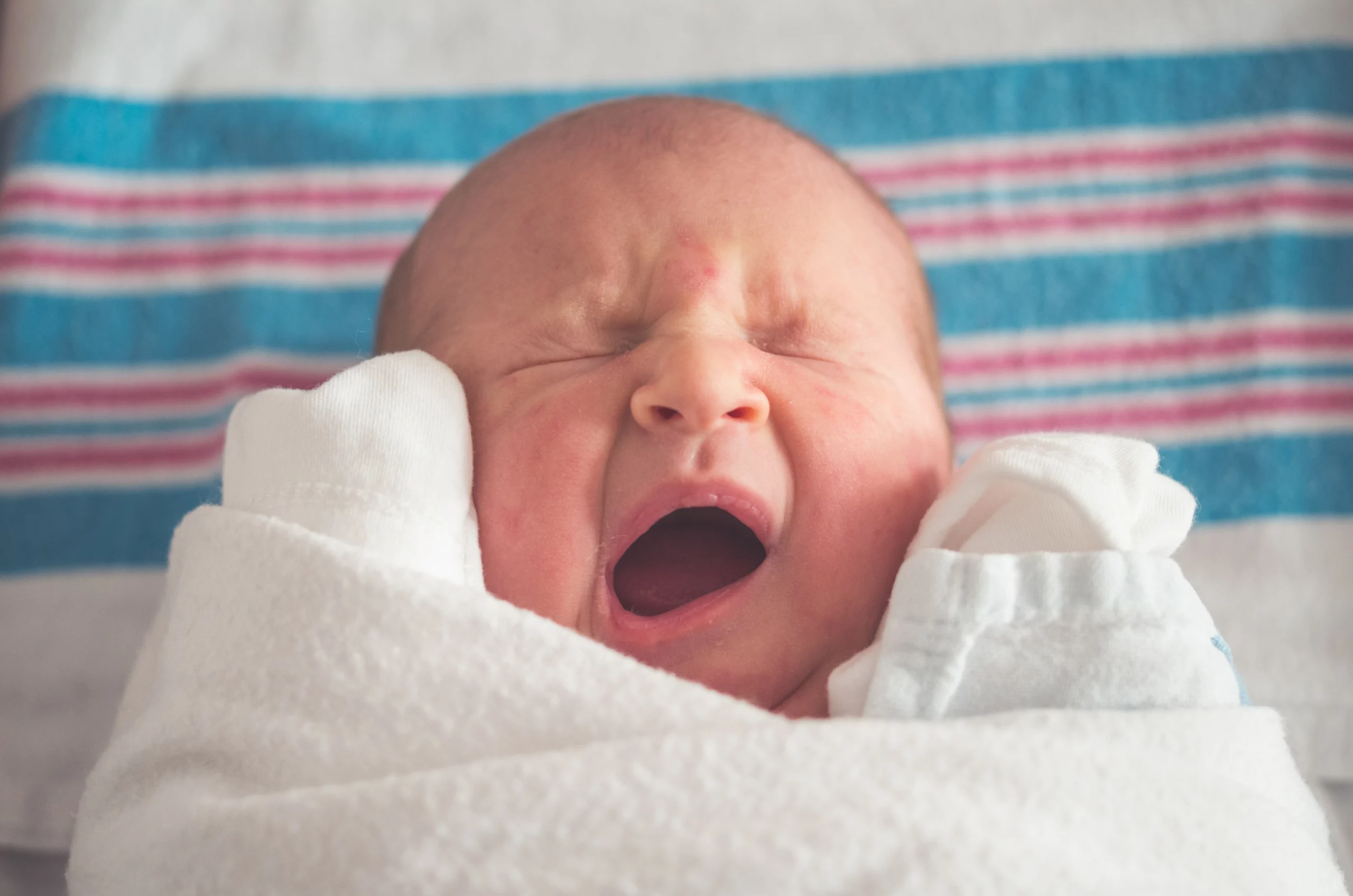Treating Infant Eczema

When your baby is sick or uncomfortable, you’re not going to feel 100% either. Call it a
sympathy pain or just one of the things that come along with being a parent.
One of the many things that can make your baby irritable and downright uncomfortable is
eczema. If you’ve ever had it as an adult, you know it can be unbearable, so imagine how your
baby feels?
If your baby has eczema or you suspect he does, you’re going to want to know everything you
can from the symptoms to how he got it, and most importantly how to treat it so he can feel
better soon. We’ve got all that information for you and more so read on to discover everything
you need to know about the pesky eczema that’s wreaking havoc on your little one.
What is Eczema?
Eczema, or atopic dermatitis, as it’s also called is described as dry, rashy, and itchy skin.
According to the American Academy of Dermatology Association, eczema affects up to 25% of
children, and an estimated 60% of people with eczema develop it during their first year of life.
It’s estimated that eczema affects up to 20 percent of infants. Many children outgrow eczema,
while it can last into adolescence and adulthood for others. Eczema is not contagious.
What Causes Infant Eczema?
Eczema can be hereditary and can tend to run in families that have a predisposition to other
atopic diseases like food allergies, hay fever, and asthma. If you have or have eczema your
children are more likely to have it too.
Eczema can flare up and get that red, blotchy look from:
● Skin contact with soap
● Shampoo
● Pollen or other substances that can irritate the skin
● Dry air
If your child is prone to dry skin, the sun, air conditioning, pool, and saltwater can also cause
eczema to flare up.
How to Tell If Your Baby Has Eczema
Eczema needs to be diagnosed by your pediatrician because not every skin rash or itch is
eczema. If you’re playing doctor mom, some common symptoms could trigger a call to the
pediatrician to get to the bottom of what’s bothering your baby.
Eczema Symptoms:
- Itchy, dry skin
- Scaly skin
- Skin redness
- Swelling
- Small bumps that open when scratched
In infants, eczema is typically found on the face, outside of the elbows, and on the knees.
How to Treat Infant Eczema
Since there is no cure (yet!) for eczema, the best thing you can do as a parent is to treat it to
make your baby as comfortable as possible.
According to the American Academy of Pediatrics, the skin barrier doesn’t hold water well for
kids with eczema. This causes the skin to get dry and cracked and is more likely to become
infected. To give your baby’s skin the extra TLC it needs, follow these tips:
Bathe your baby every day or every other day for 5-10 minutes in lukewarm water with
no sap. You can use a fragrance-free, hypoallergenic cleanser if you want, but avoid
scrubbing your child’s skin with anything rough
● After the bath, apply moisturizer to your baby’s entire body while they’re still a little
damp; this helps to lock in moisture. You want to opt for a cream over a lotion because
lotions tend to be thinner and less effective.
● Once your baby is clean and lathered in moisturizer, choose soft fabrics like those made
of 100% cotton to clothe your baby. Skip the fabric softener or dryer sheets for your
baby’s clothes.
You also want to minimize your child’s exposure to things that irritate their skin. Dust, wool,
animal dander, and smoke can all cause your baby’s eczema to flare.
If your baby can’t stop scratching their eczema patches (and can you blame them), there are
some things you can try to prevent them from scratching 24/7.
● Keep their nails short (they can’t scratch without nails)
● Put little mitts on your baby’s hands to keep them from scratching
● Ask your pediatrician about topical corticosteroids (a.k.a. Prescription creams). These
help to reduce the itch. There are also non-steroid eczema creams that can help rashes
and mild cases.
Viruses and bacteria can make eczema rashes even worse, so you want to keep an eye for
signs of infection. These include:
● Oozing
● Crusting
● Pus Bumps
● Blisters
● Worsening Rash
If the eczema isn’t getting better you’ll want to call your pediatrician so they can check for signs
of infection. If there is an infection, you’ll want to get the right medication ASAP so that your
baby feels better soon.
The Bottom Line on Infant Eczema
Eczema usually reveals itself in dry, itchy skin that can also be red and swollen. Infant eczema
can have several causes from being hereditary to being triggered by environmental factors.
While there is no cure, keeping your baby’s skin hydrated and avoiding environmental triggers
can help to reduce flare-ups. Prescription creams can also help to treat eczema.
If you notice any oozing or pus coming from your baby’s eczema rash, you’ll want to call your
pediatrician so you can make sure it’s not infected. If it is, get those meds right away so your
baby’s skin condition can improve pronto.
When it comes to infant eczema, making sure your baby is as comfortable as possible is the
best way to get through it for everyone.